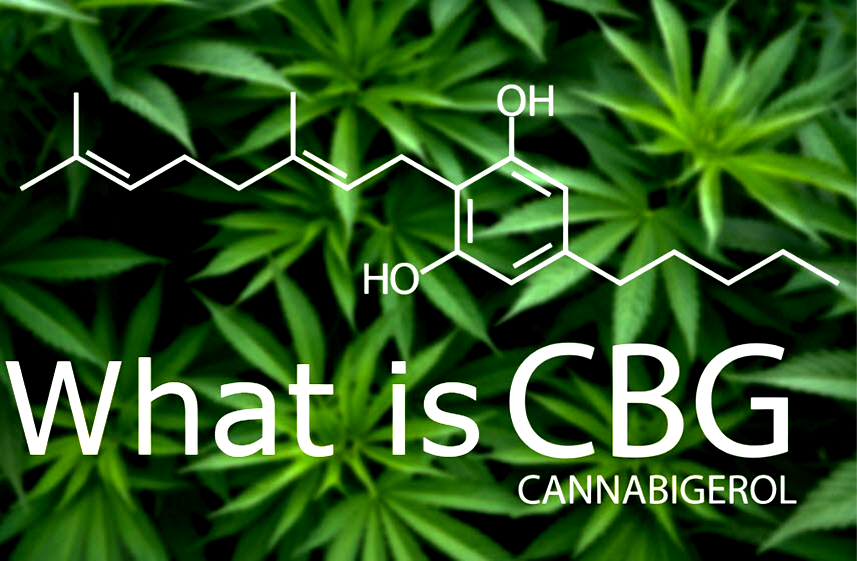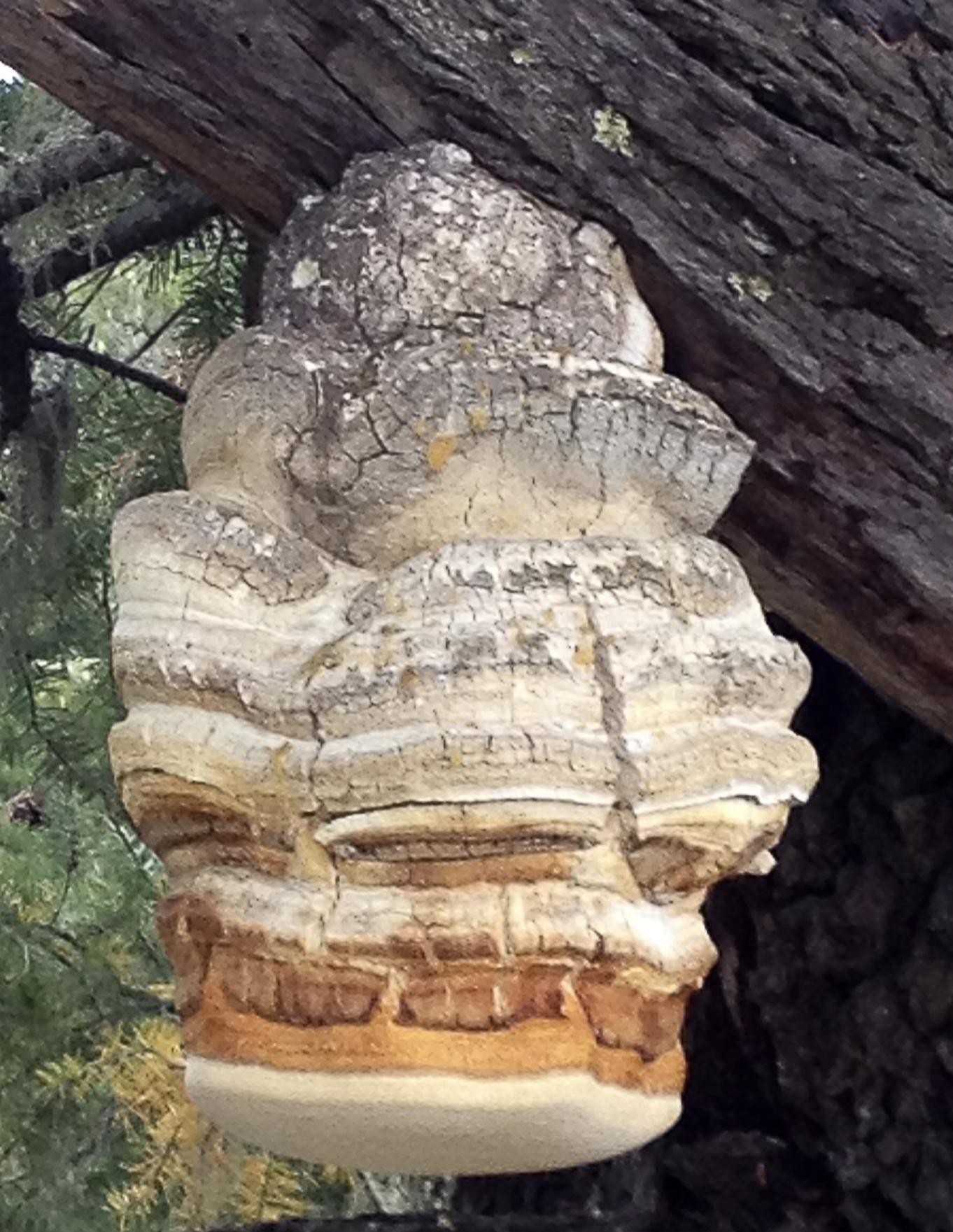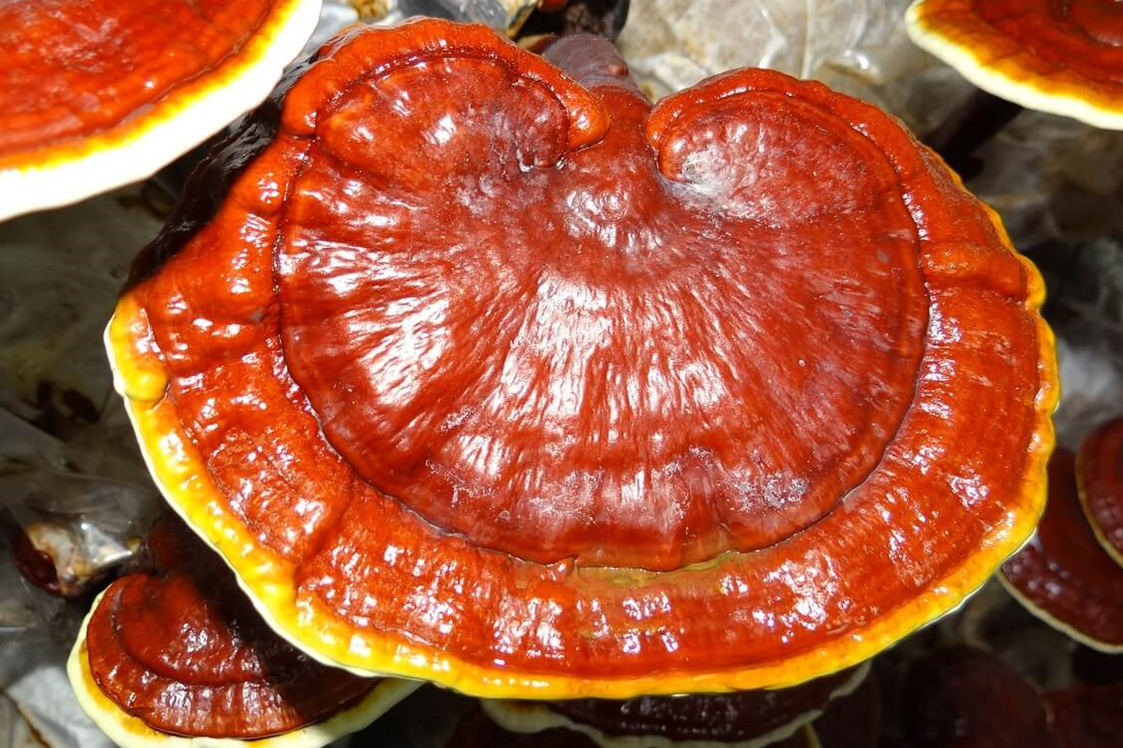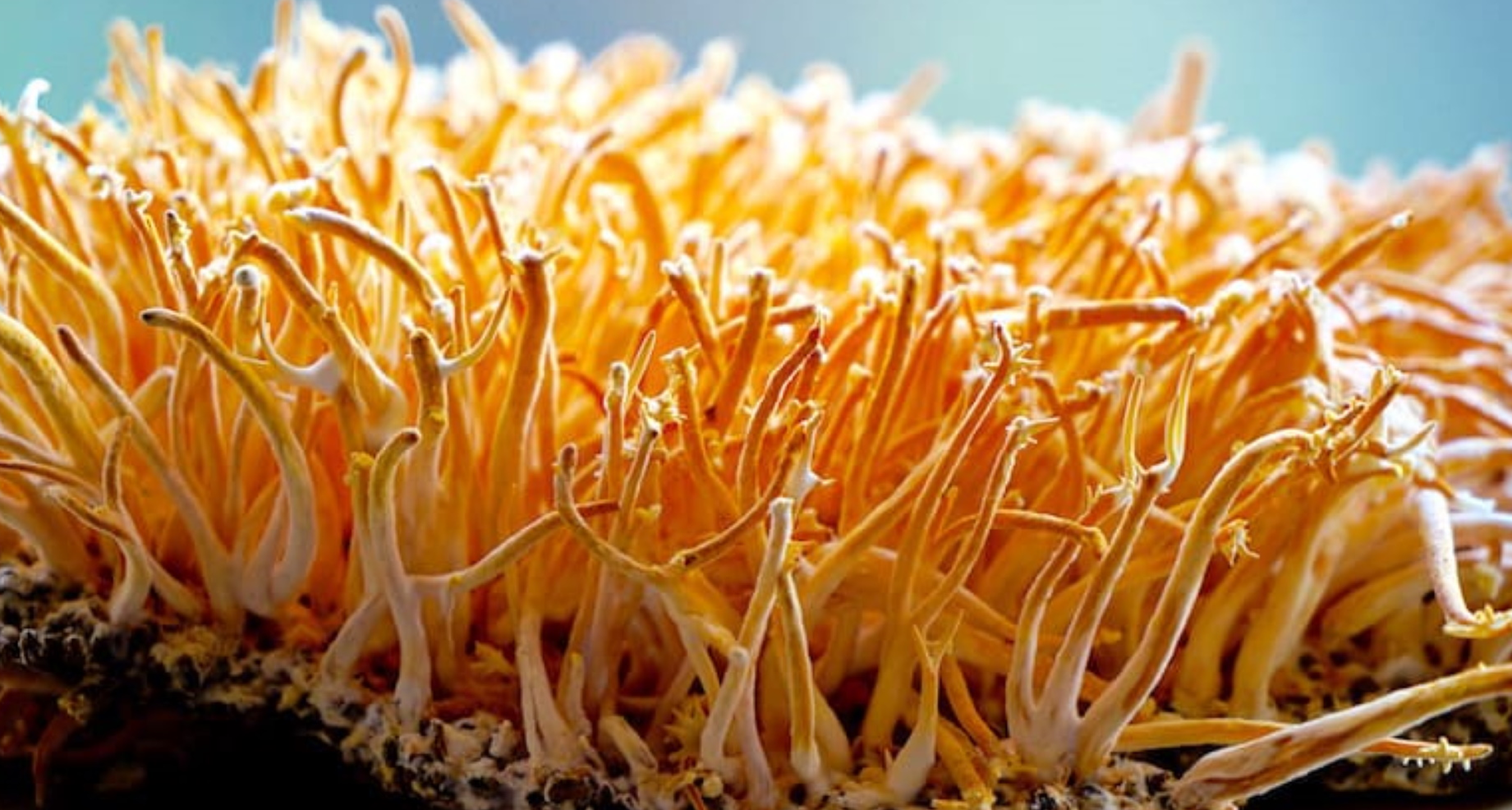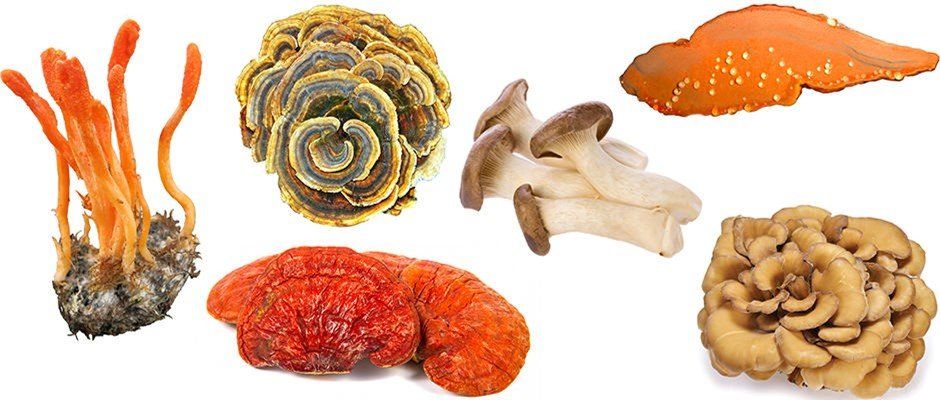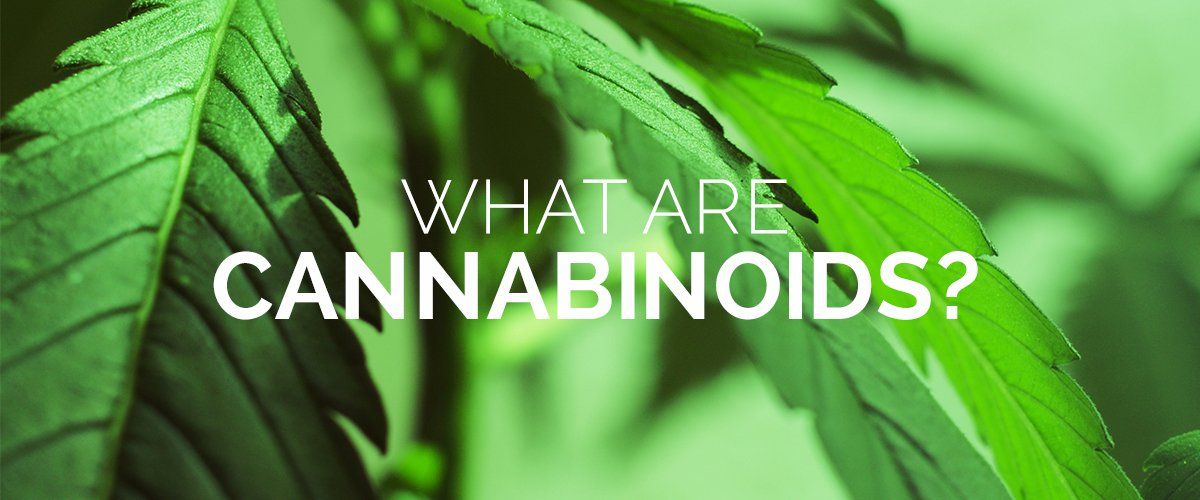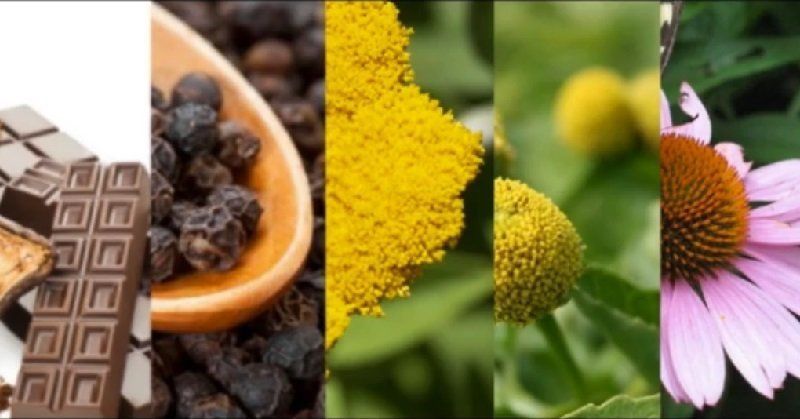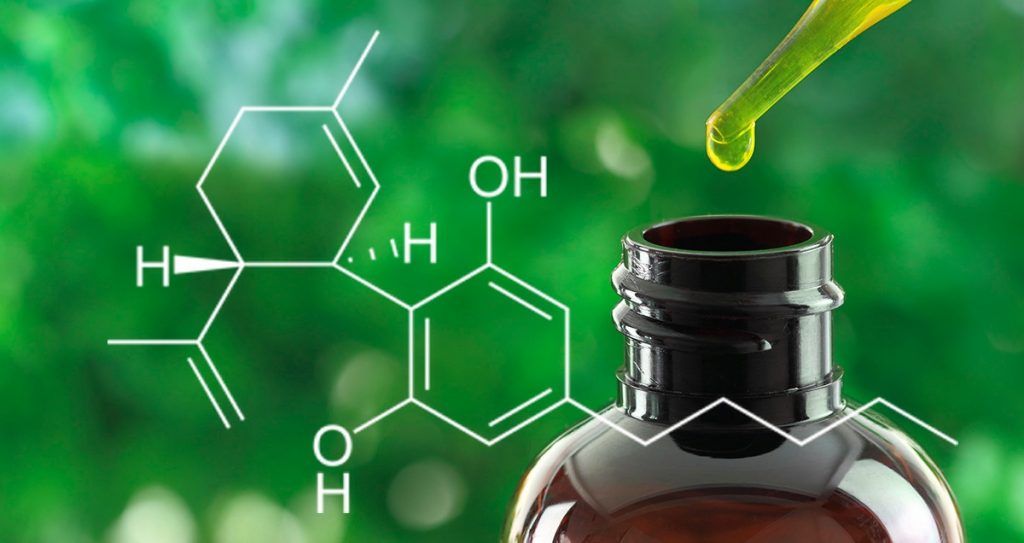Hormones... Can CBD help?
Understanding hormones and how CBD can help bring balance back to your body

Our bodies produce all sorts of hormones for all sorts of different functions. In this article we will take a look at hormones, the endocrine system, and how CBD could be the answer you are looking for to bring you back to center.
To understand the world of hormones and how they affect our bodies, it is first important to understand the Endocrine System, a fascinating and complex system of glands in our bodies who have all sorts of responsibilities in our bodies with one of the primary functions being our reaction to stress.
What is the Endocrine System?
The Endocrine System is defined by Miriam -Webster as "The glands and parts of glands that produce endocrine secretions, help to integrate and control bodily metabolic activity, and include especially the pituitary, thyroid, parathyroids, adrenal, islets of Langerhans, ovaries, & testes"
Now that we know the definition, lets break these glands and their functions down
- Pituitary Gland: The Pituitary Gland is the master gland of the Endocrine System. This tiny little pea sized gland secretes hormones responsible for managing the other glands in the Endocrine System. It is not always the boss of everyone though, the hypothalamus is located near the pituitary in the brain (they are actually connected) and sometimes gives signals the pituitary. The hormones produced in the pituitary are:
- ACTH - signals adrenal glands
- FSH - works with LH, ensuring normal function of the testes and ovaries
- LH - works with FSH, ensuring normal function of the testes and ovaries
- Prolactin - stimulates the production of breast milk
- TSH - stimulates thyroid hormone production
- Growth Hormone - in children this hormone is essential for growth and healthy body composition, and in adults affects fat distribution and helps maintain healthy bone density & muscle mass.
- Hypothalamus: Located near the pituitary and also appx. the size of a pea, the hypothalamus produces hormones that interact with pituitary hormones to regulate body functions. It is responsible for many things including regulating body temperature, controlling appetite, regulating emotional response, managing sexual behavior, and maintaining overall physiological cycles. The hormones produced in the hypothalamus are:
- CRH - stimulates adrenal gland to produce cortisol (Cortisol is known as the stress hormone which some believe is responsible for fat storing)
- TRH - produces thyroid stimulating hormone
- Oxytocin - This hormone controls emotions and behaviors including maternal drive, sex drive, recognition, trust, and arousal. It is also involved in functions such as childbirth and lactation of new mothers.
- GnRH - Stimulates the pituitary to secrete reproductive hormones such as FSH & LH
- Somatostatin - sends a stop signal to pituitary gland to manage production of growth hormone & thyroid stimulating hormone.
- Vasopressin - Signals kidneys to absorb water, regulating water levels in the body
- Pineal Gland: This tiny rice grain sized gland is sometimes called the "Third Eye" and was believed by Rene Descartes to contain the soul. The pineal gland is responsible for secreting melatonin and maintaining a healthy body "clock". The pineal gland is responsible for secreting hormones (like melatonin) that regulate your body's circadian rhythms. Circadian rhythms are the natural rhythms of the body responsible for signals that make you sleepy, go to sleep, wake up, and feel awake and rested at around the same times every day. Maintaining healthy circadian rhythms is crucial for overall health.
- Adrenal Gland: Your adrenal glands are 2 little triangular shaped glands that sit atop your kidneys. They secrete hormones such as Corticosterone, Hydorocortisone, Epinephrine, Norepinephrine (also known as Noradreneline), & Cortisol (thought by some to increase body fat storage). These hormones help to regulate blood pressure (by regulating potassium & sodium), blood sugars, metabolism, and your reaction to stress just to name a few.
- Thyroid Gland: Your thyroid gland is a little butterfly shaped gland that is located in the throat nestled against your windpipe. If you could see it through the skin it would look like you have a little bow tie on. It secretes hormones that regulate your metabolic rate by stimulating your cells to produce proteins and increasing the amount of oxygen that your cells use. It is also helps to regulate heart rate, respiration, blood pressure, body temperature, menstrual cycles, & mood. You can read more details on your Thyroid & CBD here.
- Ovaries: The ovaries are the part of the female reproductive system that produce egg cells called ovum. They are about the size of a grape and are located on either side of the uterus. They secrete the 2 hormones Estrogen & Progesterone responsible for reproduction and menstruation.
- Testes: The testes are 2 of the male sex organs that are housed in the scrotum. The primary hormone they secrete is testosterone, responsible for many functions in the male body including production of sperm cells, bone density, muscle mass, & sex drive.
How can CBD help with hormonal imbalance?
Now that we understand the glands of the Endocrine System, it's clear to see that all of these hormone secreting organs are vitally important in out overall health. The fact that the hormone production of one of these glands has an effect on the production of hormones in another shows us that having balance in all of these hormones is crucial to so so many functions in our body. Balance is the key in this and your Endocannabinoid System is responsible for balance throughout our bodies, and activating our Cannabinoid Receptors is the key to unlocking this system.
Many many people suffer from whats known as Clinical Endocannabinoid Deficiency. What this means is our bodies are not producing enough endogenous cannabinoids (cannabinoids that we make in our bodies), thus leaving many of our Endocannabinoid Receptors without signals to do their job...... which is balance. You have cannabinoid receptors on nearly every cell type in your body (all mammals do!) and they are constantly trying to fight for cellular balance to maintain homeostasis in your body. This is where phytocannabinoids come in to interact with your receptors, stimulate endogenous cannabinoid production, and bring your body back into balance.


